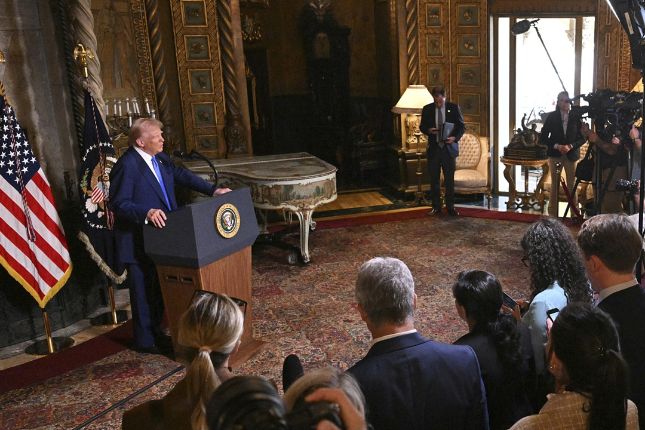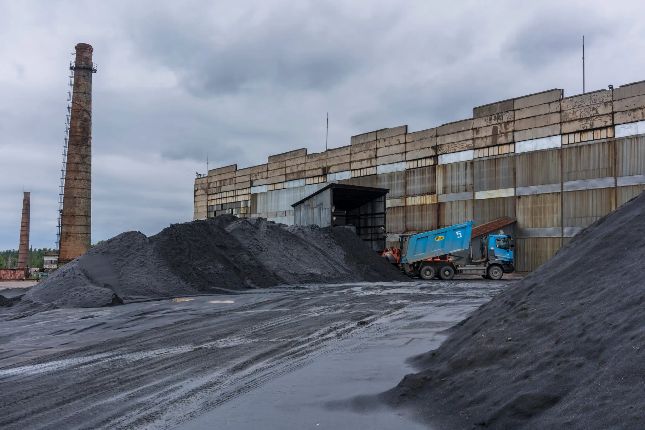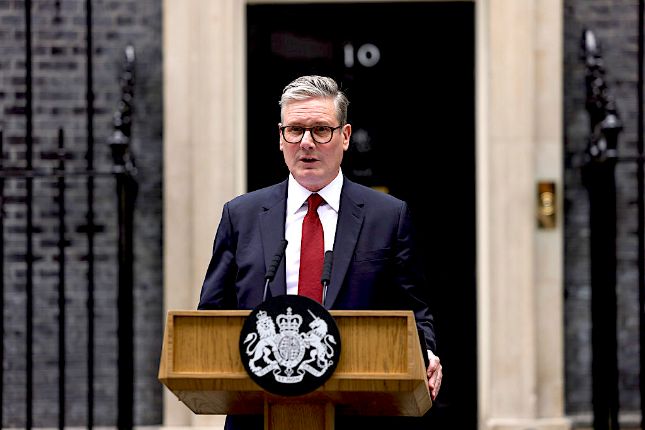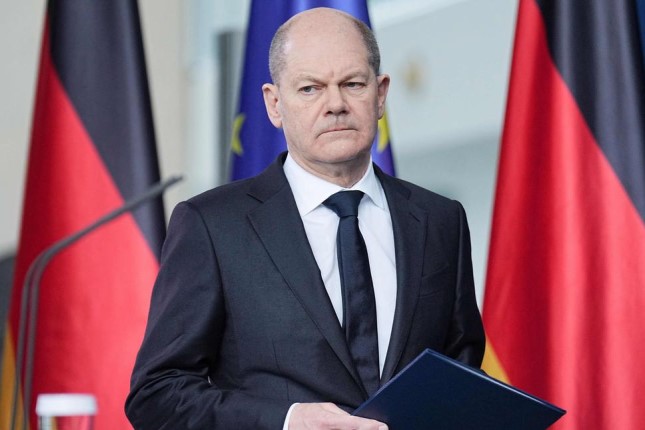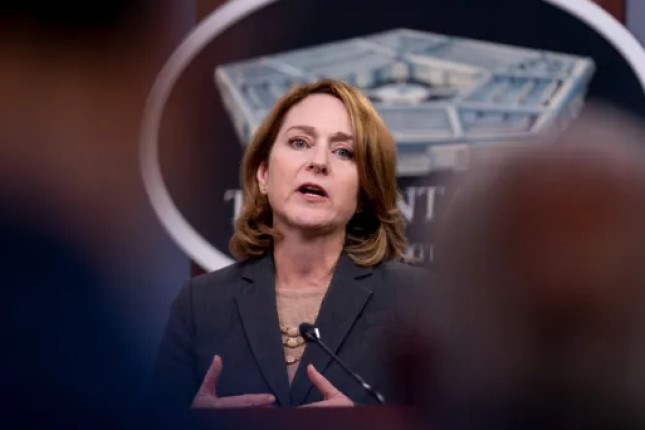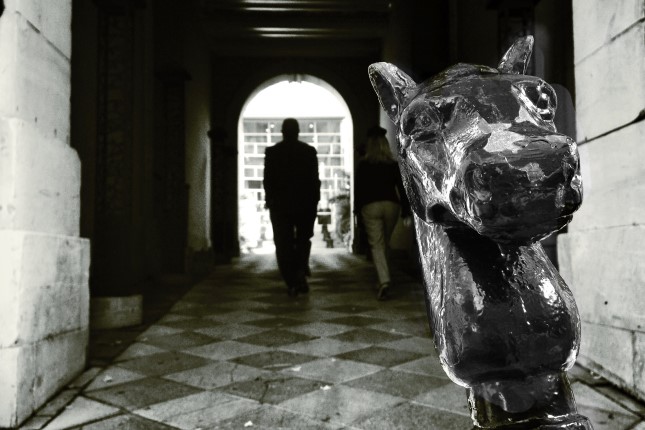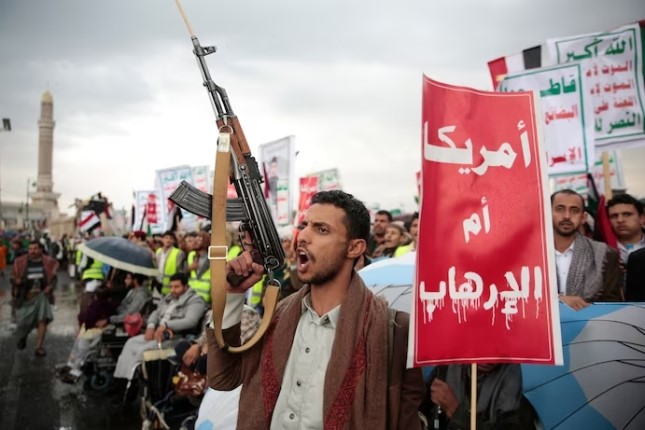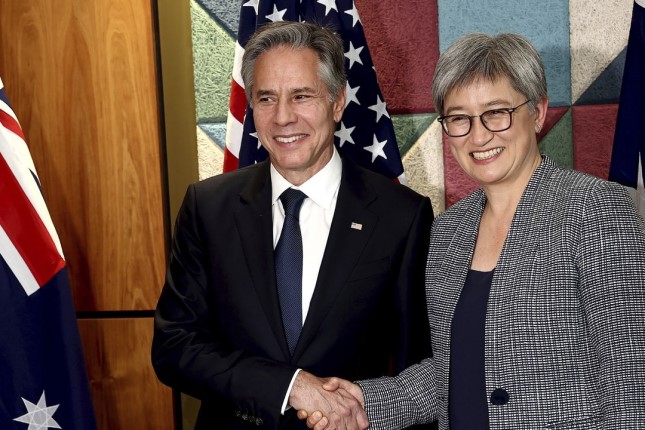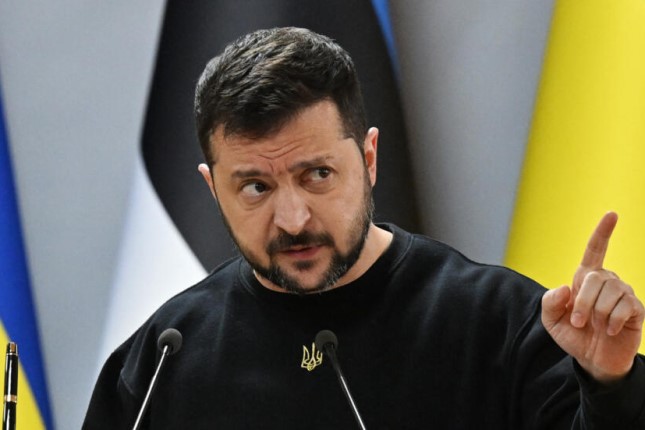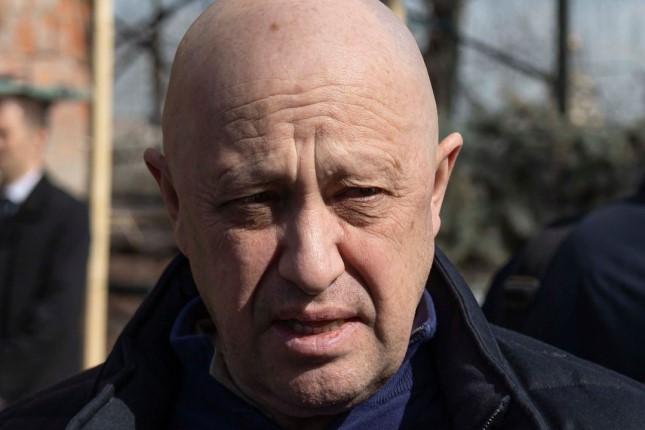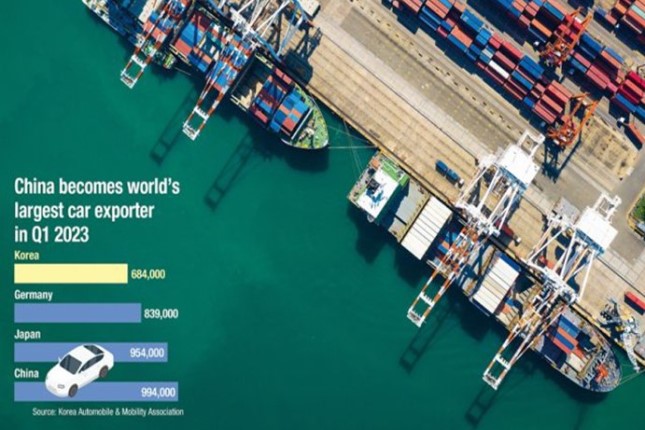US President Donald Trump and Ukrainian President Volodymyr Zelensky traded accusations after high-level talks between Russia and the US in Saudi Arabia, with Trump saying Ukraine "should have never started" the conflict and that Ukraine "could have made a deal earlier," while Zelensky hit back by saying Trump is trapped in a "disinformation bubble" and that Ukraine is not for sale.
The talks between Moscow and Washington, along with remarks from Trump, suggest that resolving the Ukraine crisis is not the primary concern of the US. Instead, it appears that the US intends to leverage the situation to fix ties with Russia and extricate itself from the conflict in order to redirect its focus. In this context, Ukraine and Europe may find themselves compelled to accept a deal between Russia and the US, potentially exacerbating divergences between the US and its European allies, according to Chinese experts.
Zelensky said he postponed a visit to Saudi Arabia planned for Wednesday until next month. Sources said the decision was made to avoid giving "legitimacy" to the US-Russia talks, which were held in the Middle East country on Tuesday, Reuters reported.
Kiev says talks on how to end the war should not be held behind Ukraine's back, while Russia hardened its demands, notably insisting it would not tolerate the NATO alliance granting membership for Ukraine, per Reuters.
Speaking to reporters at his Mar-a-Lago residence, Trump was asked by the BBC what his message was to Ukrainians who might feel betrayed by the high-level talks between US and Russia.
"I hear that they're upset about not having a seat, well, they've had a seat for three years and a long time before that. This could have been settled very easily," he said.
"You should have never started it. You could have made a deal," he later added.
Zelensky hit back at Donald Trump's accusation overnight that Ukraine started its war with Russia, saying that the American president is trapped in a "disinformation bubble" and adding that his country was not for sale, CNBC News reported.
Attempt to fix ties
And "in his most hostile comments toward the Ukrainian leader yet," Trump voiced yet another of President Vladimir Putin's talking points — that it was time for an election in Ukraine — in an apparent bid to begin the process of pushing Zelensky aside, CNN reported.
Cui Hongjian, professor of the Academy of Regional and Global Governance at Beijing Foreign Studies University, said the high-level talks between Moscow and Washington, as well as Trump's subsequent comments tell us that for the US, the paramount goal at the current stage is to quickly repair its relationship with Russia.
Cui said that ending the crisis is merely a way for the US to signal goodwill toward Russia, and for Washington, easing relations with Moscow can help it shift its focus to the Asia-Pacific region.
It seems that the US is seeking ways to swiftly negotiate an end to the Ukraine crisis while sidelining both Europe and Ukraine, as their inclusion could complicate the negotiation process, said Lü Xiang, a research fellow at the Chinese Academy of Social Sciences. He told the Global Times that, following such a deal, the US is likely to exert pressure on both Europe and Ukraine to accept the terms.
On Tuesday, the Russia-US talks in Riyadh lasted 4.5 hours. Russia was represented at the meeting by Foreign Minister Sergey Lavrov, presidential aide Yury Ushakov and Russian Direct Investment Fund (RDIF) head Kirill Dmitriev. The US was represented by Secretary of State Marco Rubio, National Security Advisor Mike Waltz, and the US leader's special envoy for the Middle East Steven Witkoff.
After the meeting in Riyadh, Trump said he was "much more confident." "They were very good," he said. "Russia wants to do something. They want to stop the savage barbarianism."
Putin hailed the results of the Russia-US talks in Saudi Arabia's capital on Tuesday, RT reported on Wednesday night. The meeting was "the first step" in restoring joint work with the US in a variety of areas ranging from strategic stability and arms control to the resolution of the Ukraine conflict and the crisis in the Middle East, according to the report.
Putin also welcomed what he described as positive changes in Washington's attitude towards working with Moscow. The atmosphere of the talks was "very friendly," Putin said, adding that the US is represented by "absolutely different people, who are open for talks without any prejudices… and committed to joint work."
The US and Russia have also reportedly agreed in high-level talks Tuesday to re-establish embassy staffing and that Washington would create a high-level team to work on a path to ending the war in Ukraine, CNN reported.
Russian President Vladimir Putin and Trump could meet as early as this month, although a face-to-face meeting will take time to prepare, Kremlin spokesperson Dmitry Peskov said on Wednesday, Reuters quoted Russian news agencies as saying.
"In order to carry out, figuratively speaking, resuscitation measures, diplomats will now begin to work in light of the agreement Lavrov reached yesterday with Rubio," Peskov was quoted by state media as saying. "But this is the first step... Naturally, it's impossible to fix everything in one day or a week. There is a long way to go," he added.
The Ukraine crisis has dragged on and has continued to escalate for nearly three years. Recently, the pursuit of dialogue and negotiation has gained momentum. Since the start of the crisis, China has been calling for a political settlement and pushing for peace talks. China supports all efforts conducive to peace, Chinese Foreign Minister Wang Yi said at the United Nations Security Council High-Level Meeting on Tuesday.
Cui suggested that these details indicate that the high-level meeting between the US and Russia is not likely to have an immediate impact on reaching a deal. "It depends on how the US will utilize these 'negotiation results' to convince Europe and Ukraine to collaborate with it in the subsequent process. Moreover, Russia will also adjust its stance at any time in accordance with the evolution of the situation."
Europe left with no choice
After participating in the high-level talks with Russia, Rubio spoke by phone with his European counterparts on Tuesday. According to a statement from State Department spokesperson Tammy Bruce, Rubio briefed the foreign ministers of France, Germany, Italy and the UK, along with the European Union's High Representative for Foreign Affairs following the talks with Russia on ending the Ukraine crisis.
The European Union agreed on Wednesday to impose a fresh round of sanctions against Russia, media reported.
The decision was made after Rubio suggested that Europe would eventually be called to the negotiating table to discuss sanctions relief for the Kremlin. "There are other parties that have sanctions, the European Union is going to have to be at the table at some point because they have sanctions as well that have been imposed," Rubio said on Tuesday in Saudi Arabia.
Jiang Feng, a professor of European Studies at Shanghai International Studies University, said that currently, "Europe is left without a choice. Abandoning support for Ukraine would mean surrendering on all fronts, and there is no need to talk about strategic independence, so Europe sees the outcome of the Ukraine crisis from a strategic and life-and-death perspective," Jiang said.
France plans to a host a second meeting to discuss Ukraine and European security on Wednesday, but has this time invited European countries not present earlier this week and NATO ally Canada, diplomatic sources told the Reuters on Tuesday.
To date, Europe has bound its own fate too closely to that of Ukraine, making it extremely difficult to take a step back. It relied too heavily and for too long under military protection from NATO, which is led by the US, Jiang said.
Jiang said that if Europe and Ukraine are locked out of negotiating a deal on the crisis, it will be forced to accept a deal between Russia and US, at least in the initial stage. When that happens, the relationship between Europe and the US will face a very severe test.
Photo: US President Donald Trump speaks at Mar-a-Lago, Florida on February 18, 2025 © VCG.
Source: The Global Times.
